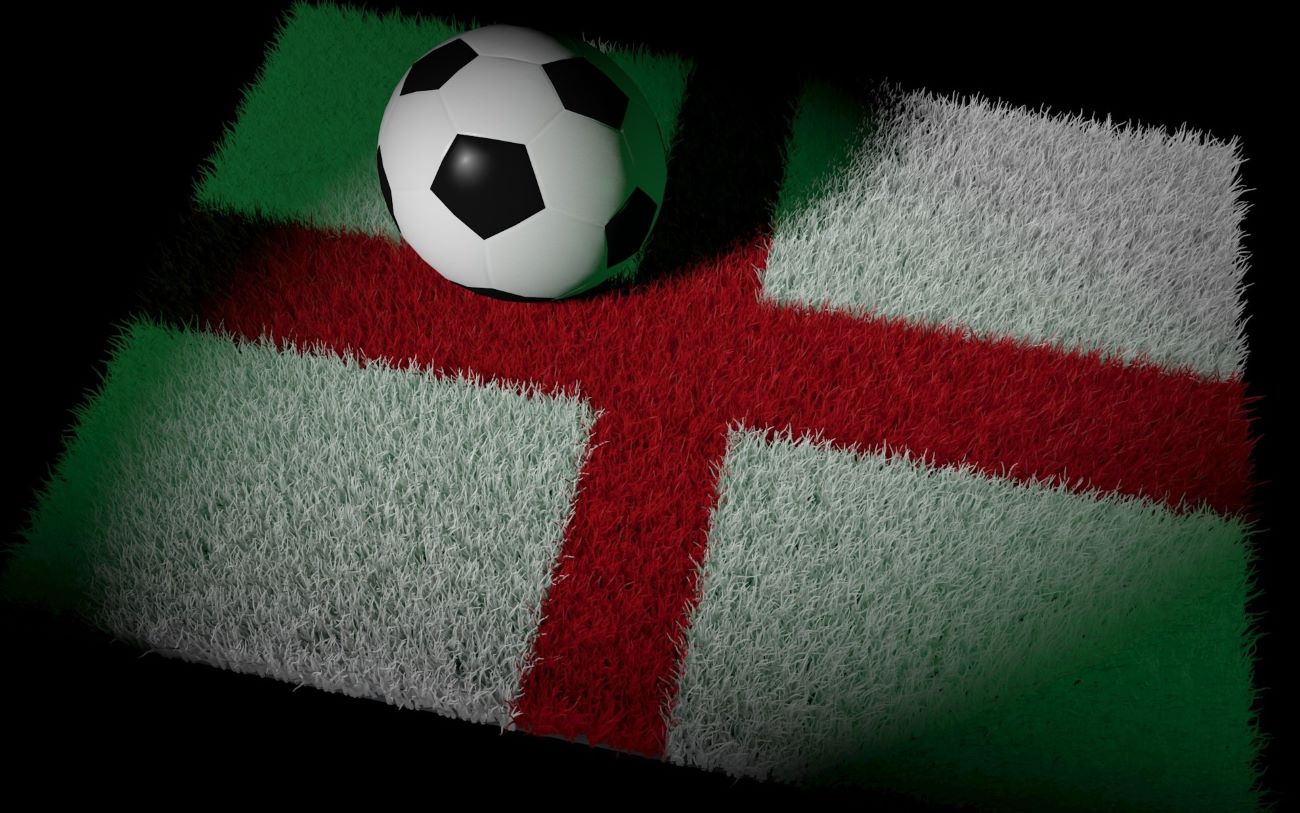Have you ever wondered about the strength of feeling you see from England fans in the lead up to the match? Perhaps you’re English but haven’t experienced this side of the culture, maybe you want to get to know English people better, or maybe you’re an England fan who has stopped to wonder where that raging fire comes from.
Whatever your reasons for taking a closer look at the importance of football in English lives, you’re in the right place. While each nation has a specific relationship with the game, looking at football in England can tell us a lot about the people and the culture.
The Origins of the Beautiful Game
Games, and particularly sports with a round ball, date back much further than we think. Ancient civilisations needed leisure time, competition and bonding, too. It’s difficult to directly trace football back that far, as records aren’t perfect, and there are many versions of events from different cultures. However, it’s said that a similar game was played in China over 2,300 years ago as a military training exercise.
Modern Football
The connection to England came later, and it’s likely one of the reasons that the nation has such a close association with the sport. Modern football, as we recognise it now, developed from the casual games that were played in cities and towns up and down the British Isles in the 19th Century,
>As industrialisation became more advanced, people had more leisure time, and they filled it with the increasingly popular sport of football. Workplaces developed teams, and schools like Eton added it to their games curriculum. As a result, it was played at universities, such as Cambridge, and the rules were more defined and widely understood.
After that, people formed leagues to play matches against one another. Not long after, the teams got together to print official rules, and the Football Association was established.
How We Interact With the Game Today
From the beginning of the modern game, football was a sport for everyone, as pupils, students, and workers took part in their leisure time and then in a more official capacity. Even those who didn’t play would enjoy the spectacle. The traditions for teams and spectators grew as the nation did.
Today, football is given high status. Players are well paid, most stadia fit thousands of fans, games are televised, and there are many ways to show your support, from flags and shirts to becoming a season ticket holder. Being a follower of football has given people a sense of pride and belonging.
It’s also become an area for study, knowledge and understanding. Commentary, team lineups, and predictions are part of the enjoyment, as are wagers. Many put that expertise to the test by finding football sites for bets.
Lessons For Real Life
Perhaps one of the biggest insights into the significance of football to English culture is how it delivers meaning. Out of all the national pursuits, football helps people express themselves, and crucially, they aren’t alone when they laugh, cry or celebrate. The atmosphere and the passion is something palpable that can be shared, whether with your row in the stadium, a pub full of people, fans online, or everyone on the sofa at home.
Playing, watching and following football doesn’t always bring out the best in people. However, it has a positive side that has brought out many essential skills and attributes of the English identity. It teaches commitment and loyalty, as you stand by your team through the good and bad times.
Final Thoughts
The role of football in English culture is more complex than a sport that was developed by the nation, although that played an important role in cementing its position. It’s a game that is complex enough to fascinate and attract fans to every match, post-match discussion, and even replays. It’s so loved that there are games around the game like fantasy leagues and betting.

